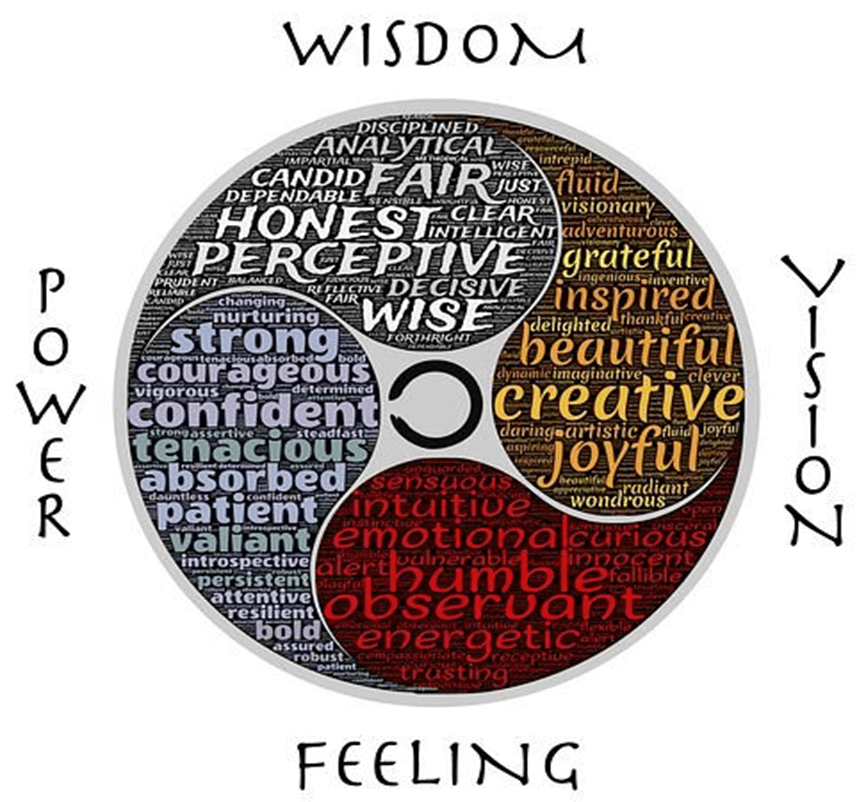What to Do When Your Career Values Don’t Align with Your Company

A cultural mismatch
Most of us have been there at some point. You have joined an organisation because the role sounds amazing and you believe the work values align with your personal values. This is very important to you for your mental and physical health, as you know when values clash you don’t do your best.
At the interview the recruiter says all the right things; yes we have strong company values; yes we respect work-life balance and; yes our ethos is all about looking after our people and showing strong leadership and we respect your core values. Except after a couple of months, you realise it’s not the workplace that was described to you! Sometimes it might not even take that long, and you can see in the first week that your values clash with the work values.
So, what should you do? Do you question your decision-making skills as to why you didn’t do further due diligence? Do you immediately start looking around for another job? How could you have got it so wrong? What other career options do you have?
Or, do you hunker down determined to make the most of it as the job is what you have always wanted, it pays well and it suits you right now? And, you need stability as you have a family or a mortgage to pay. Or, maybe you have hopped around a few times and are concerned that your career history lacks consistency. Maybe you have taken on the new job with much fanfare from friends, family, and colleagues and you don’t want to admit that you got it so wrong (we’ve all been there)!
Even though covid has allowed us to work from home, more companies are expecting employees to return at least part of the week to the office and so any reprieve you may have felt from working from home could disappear.
I sometimes see articles on this topic that advise you to always leave and to never stay in an organisation where you have conflicting interests and don’t feel valued. That is great advice but I know from experience that some people feel uncomfortable about making another quick career change and don’t want to look for new opportunities so quickly.
Whatever the situation, whatever you decide to do is the right thing for you and only you can decide. But, there is no doubt that in the moment, it can be challenging to know what to do. Asking others for their opinion can further muddle your thinking as each person will have a different view. In this article, I will give you some ideas and tips on how to approach and make your decision and if you decide to stay, some thoughts on how to make it more manageable.

Making the decision to stay
Many years ago, a company I worked for had all these warm and fuzzy values but in reality, the only value they lived was about the bottom line and profits. Now at that time, I didn’t mind working with that as the only living value, but I did find it really difficult that we espoused totally different values. Not only that, we had awards for our supposed values and the people who won them were sometimes the worst offenders.
One day the CEO called me into his office and told me I was too challenging about the values and I needed to stop. I told him I struggled with them because the only value I could see was about the bottom line and he rightly responded that we had to make money to stay in business. My response was of course, but why don’t we talk about that as being our core value? At that time, I was learning a lot and enjoying the role and could have worked with profit being the main value if that was discussed openly. He didn’t understand my viewpoint and ultimately I stopped challenging as there was no point. It would have been a career limiter and the only thing I was able to influence during my time there was what I did with my team. I could have worked with a value that was focused on profit if I had understood that was all the company cared about right at the beginning.
I was able to stay and work with the mismatch as I was intrinsically motivated by working in an industry new to me and I wanted to work my way up to a more senior role. Once I had achieved that and my motivation had been fulfilled, the values piece became more important and ultimately I left. So it can depend on where you are in your career and whether you are being driven by intrinsic motivation or intrinsic values.

Strengths-based working
If you do decide to stay, something that might help you to get through the day is to focus on using your strengths more. I’m a big believer in strengths-based working and Gallup, a global analytics and advisory organisation, has conducted extensive research on working with strengths. Their research shows that employees are six times more engaged and perform better when they work with their strengths. If you are interested you can read more here.
How does that work in practice? Think about what strengths and values you bring into your work that gives you greater job satisfaction? If one of your strengths is change management, is there anything you can do to influence the culture? Maybe just with your own team or if you have no reports, can you discuss with your manager? If your boss is part of the problem then clearly that isn’t the answer, but think about what parts of your role you enjoy? How can you reconcile your own values with how things are being run? You may not be able to change the big picture but focusing on your strengths will help you to get through the day with a more positive focus.
And sometimes acceptance is the best way forward. I know from experience that when we get caught up with complaining about the culture to others who feel the same way, it can become all encompassing. Once you allow yourself to get caught up in the swapping stories scenarios with colleagues, it seems to take on a life of its own and becomes the focus of your day. If you know you are going to stay there for a while, my advice is don’t gossip about it, focus on your strengths and the things you enjoy doing and keep your eye on the reasons you have decided that this is ok for you right now. One day, in the not too distant future, you will look back and marvel at how you did it!

Making the decision to leave
One of the advantages of the covid epidemic is that it has allowed us to work from home and has given us the ability to focus more on our work-life integration. We have all heard about those people who have moved into country regions as now there is not the requirement to be in the office every day. And without having to travel to get to work it means we can be more efficient and schedule in more time for ourselves.
Added to that, the job market at the moment has turned in the favour of the employee as companies are scrambling to retain staff and attract new employees. Depending on your industry, your skills and experience may be in high demand in which case your potential new employers won’t care that you have only been a short time in your role.
The Australian Bureau of Statistics is reporting that job vacancies are at a record level and the highest level of unfilled roles since the 1970s. This could be a good time to consider a career transition as with the lack of candidates, you may just get the opportunity to move into something completely different.
I was recently involved in some sourcing for senior finance executives and the stories some of the candidates told about how superficial the hiring process was for very senior roles was incredible. It was virtually, I can see from your resume you have the title and the years of experience, when can you start and how much do you want?
And it’s not just the senior roles, we see for ourselves every day that the hospitality industry is crying out for people. Everywhere you go there are notices advertising or letting you know there is a shortage of staff. So be sure to check out your industry and the type of roles you are interested in and don’t feel you have to stay in an organisation that you are unhappy at. It might be challenging to make a move so quickly but being really unhappy at work can become a struggle and affect all areas of your life.

Reflecting on your own career values
Finally, another thing worth thinking about is that research shows that often we lack self-awareness about what we think are our own values. You may be able to reel off a list of career values, but how many examples can you give of how you use them day to day? Many values that we think are our own are actually aspirational. We also tend to be harder on others when we see that they are not following company values, but have a blind spot about our own.
It is said that the thing that annoys you most about another person is a part of your own personality that you don’t like. I can’t vouch for anybody else but when I stop to check that for myself, there is definitely some truth in there. Getting the culture right for an organisation can be complex and some companies need to be dragged kicking and screaming to put in the attention a positive culture deserves. On the other hand, it is easy for us as employees to sit back and criticise but the culture is made up of each and every one of us and we all have a part to play.








